
General Data about Tuberculosis
Tuberculosis is a lung disease that develops due to infection by bacteria tuberculosis or TB. In 90% cases, infection stays latent and can reactivate in any time. 10% of infected patients will be affected by active form of TB bacterium in 1 to 2 years from beginning of infection. In first stages of infection, bacterium attacks lower part of lungs. Inflammation of the lungs develops in 4 to 10 weeks and finally infection starts to affect the immune system. Unless treated, tuberculosis can lead to death. TB infection quickly spreads from person to person.
Initial signs and symptoms are mild and the illness becomes apparent when it develops. First indication of tuberculosis presence can be higher body temperature, sweating, loss of appetite and weight and malaise. Afterwards, chest pain, bloody cough, green sputum and difficulties with breathing indicate developed tuberculosis.
Tuberculosis beside lungs also affects the other organs like kidneys, lump nods and bones.
The best way to establish the presence of tuberculosis is chest X-ray, others include detection by culture, mucus analysis or TB skin test.
In the past, TB had lead to a deadly outcome in the most of the cases. Nowadays, it can be controlled with antibiotics, though there is observed that TB bacterium have become resistant to many of antibiotics hence some alternatives are necessary to fight with TB. The illness is dominant in areas with poor hygienic conditions, also people with weak immune system or HIV are at higher risk. It is prevalent in North America because of increased pollution, poor health care and exaggerated abuse of medications, alcohol and drugs.
Treating Tuberculosis
Longer administration of antibiotics affects the level of natural bacteria in gut so human organism and the immune system must be strengthen with supplements, vitamins and herbs. Use of bacteria Lactobacillus acidophilus must be taken regularly to stop spreading of the infection. Vitamin C is essential for immune system. Vitamin B is helpful in fighting with the disease and physical symptoms. B6 is good for dealing with liver problems that occurs due to prolonged usage of antibiotics. Vitamin A or beta-carotene can help with impaired mucus membrane that developed because of constant coughing.
Horsetail herb is beneficial for level of silica mineral in organism. It can be taken in form of herbal juice or extract powder. Nettle juice is good due to it rich content of mineral calcium. Nettle can be also taken with salads or soups or as a herbal tea. Chamomile, sage, mullein, bugleweed and knotgrass are also beneficial herbs for relieving cough. Garlic acts as a natural antibiotic and can be taken with the meal or in capsule form. Horseradish, watercress and nasturtium herbal juice have similar effect.
In addition, spending time in fresh air, sun exposure and physical exercise are very helpful when dealing with TB.


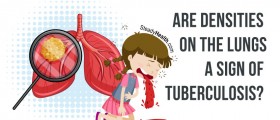
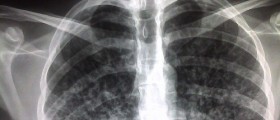

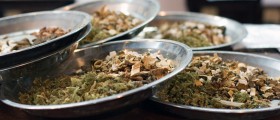

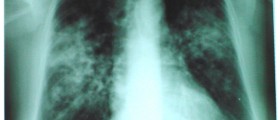


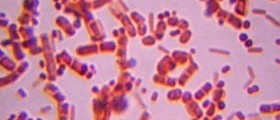
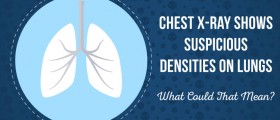





Your thoughts on this
Loading...